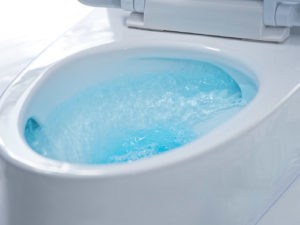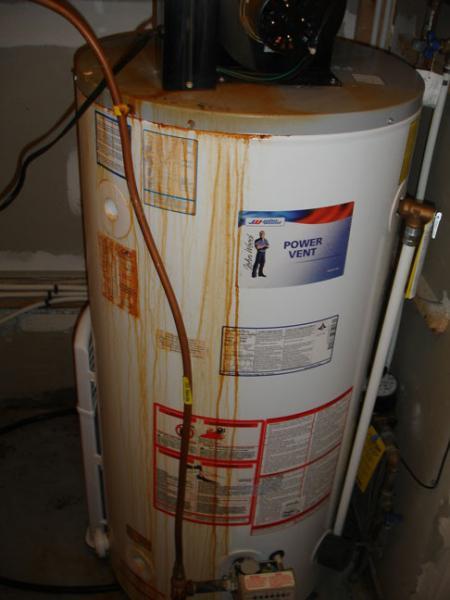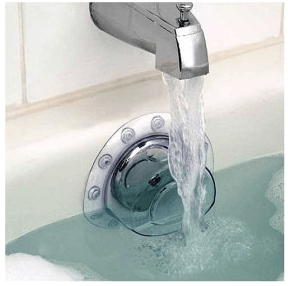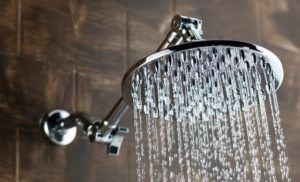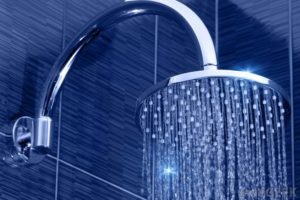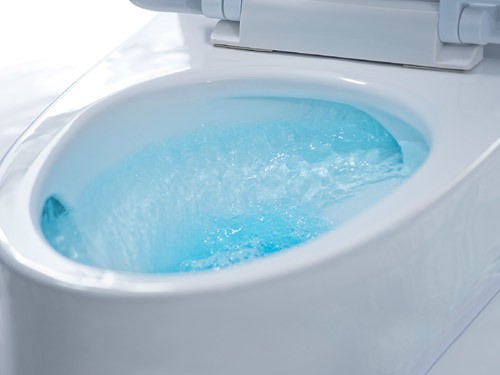Inarguably, sewer drain problems are some of the most sensitive and intensive undertakings in the plumbing industry. Compared to other routine plumbing tasks, such as supply pipe leakages or fixture installation, sewer drain problems require immense expertise and significant resources to resolve satisfactorily. Basically, sewer drain services span three main areas: sewer line installation, maintenance and repair. Expectedly, plumbing companies that provide residential and commercial sewer drain services are well equipped, adequately staffed, and highly experienced in such issues. If you have a sewer line problem, you should be very careful when hiring a plumber to fix it. Search for a reliable plumber offering sewer services in DC and research his/her background information to assess the experience, competence and industry reputation. Incidentally, there are four main types of sewer services that you should consider before hiring a plumber.
Sewer Camera Inspection
Modern technological breakthroughs in various industries have simplified jobs and created a better working environment for everyone. The plumbing industry has not lagged behind technologically. Modern plumbers are using high tech equipment to handled seemingly impossible tasks, such as underground sewer line inspections. A sewer system requires regular inspection and maintenance. However, the sewer system, especially the sewer lines, is the most inaccessible and obscure section of the entire plumbing system. This is because the largest section runs several feet underground; and hence it is quite impossible to inspect the sewer lines thoroughly using normal methods. Luckily, modern plumbers use high tech cameras for sewer line inspections. Using these high tech gadgets, professional plumbers are able to produce detailed video surveys showing the condition of any sewer system. From checking the materials used to construct the sewer lines like cast iron, tar paper, PVC or ceramic to assessing whether the lines are installed properly, sewer camera inspections provide invaluable sewer line maintenance information.
Sewer Drain Cleaning
Sewer drain cleaning is one of the most common plumbing tasks. Sewer drains are easily clogged due to several possible reasons including poor household disposal habits, grunge buildup, and underground root damage. Sewer drain problems can range in seriousness from minor clogs that can be resolved with simple DIY fixes to major sewer line backups that require specialized skills and equipment to fix. Professional plumbers offer sewer drain cleaning services either as regular sewer line maintenance services or under their routine plumbing service calls. In either case, these companies use recommended drain cleaning solutions like enzyme drain cleaners; thereby ensuring safety and satisfactory service provision.
Sewer Main Replacement/Repair
Sewer main line repair and replacement is ranked among the biggest and most challenging plumbing jobs. Sewer lines are usually buried several feet below the ground, sometimes under various structures like buildings and roads. For this task, a plumber requires the right equipment and manpower to dig up the sewer lines, prepare the tunnels for replacement or laying down the repaired pipes, and then bury the pipes back and leave the site just as it was (or even better) before the work.
Sewer Line Installation
Finally, there are the sewer line installation services. Regarded as one of the most resource intensive and sensitive services, sewer line installations are done by the crème de la crème in the plumbing industry. The sewer lines must be installed properly to ensure proper functionality, otherwise the client risks damages worth a lot of money and ugly inconveniences. Therefore, hire a highly experienced plumber for this task, preferably one with up-to-date knowledge of zoning and safety codes and is experienced in dealing with building inspectors and acquiring permits.




